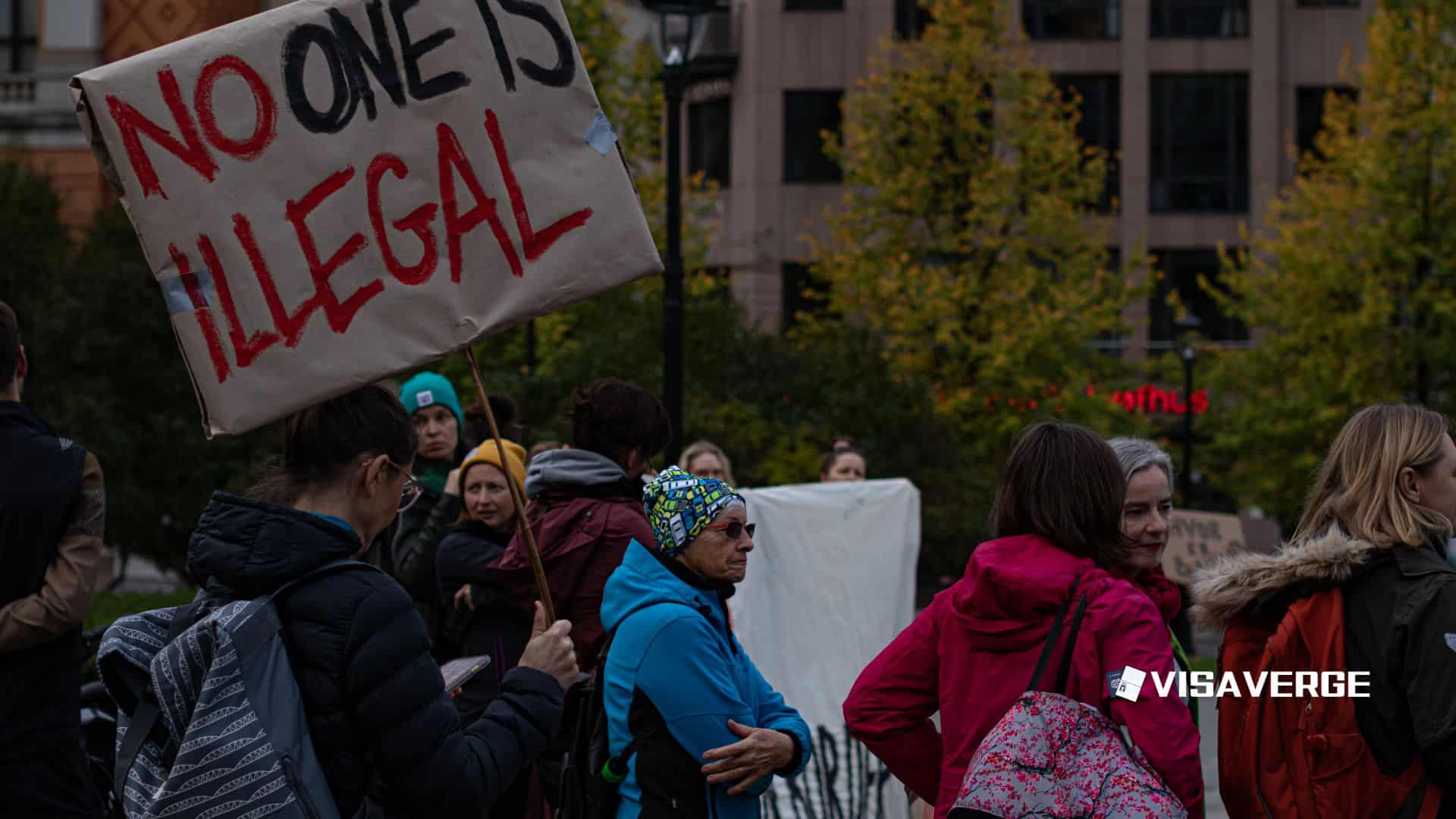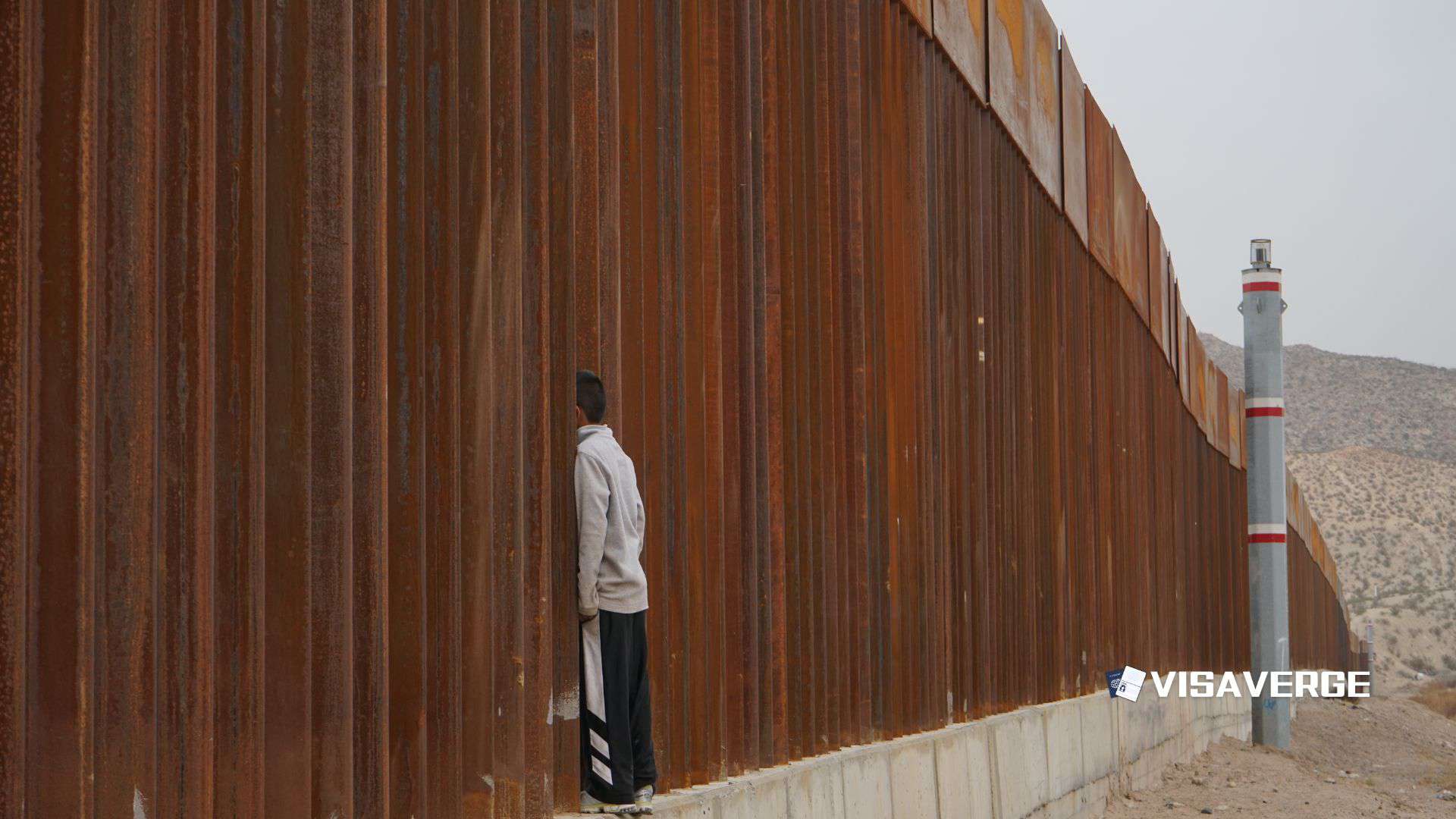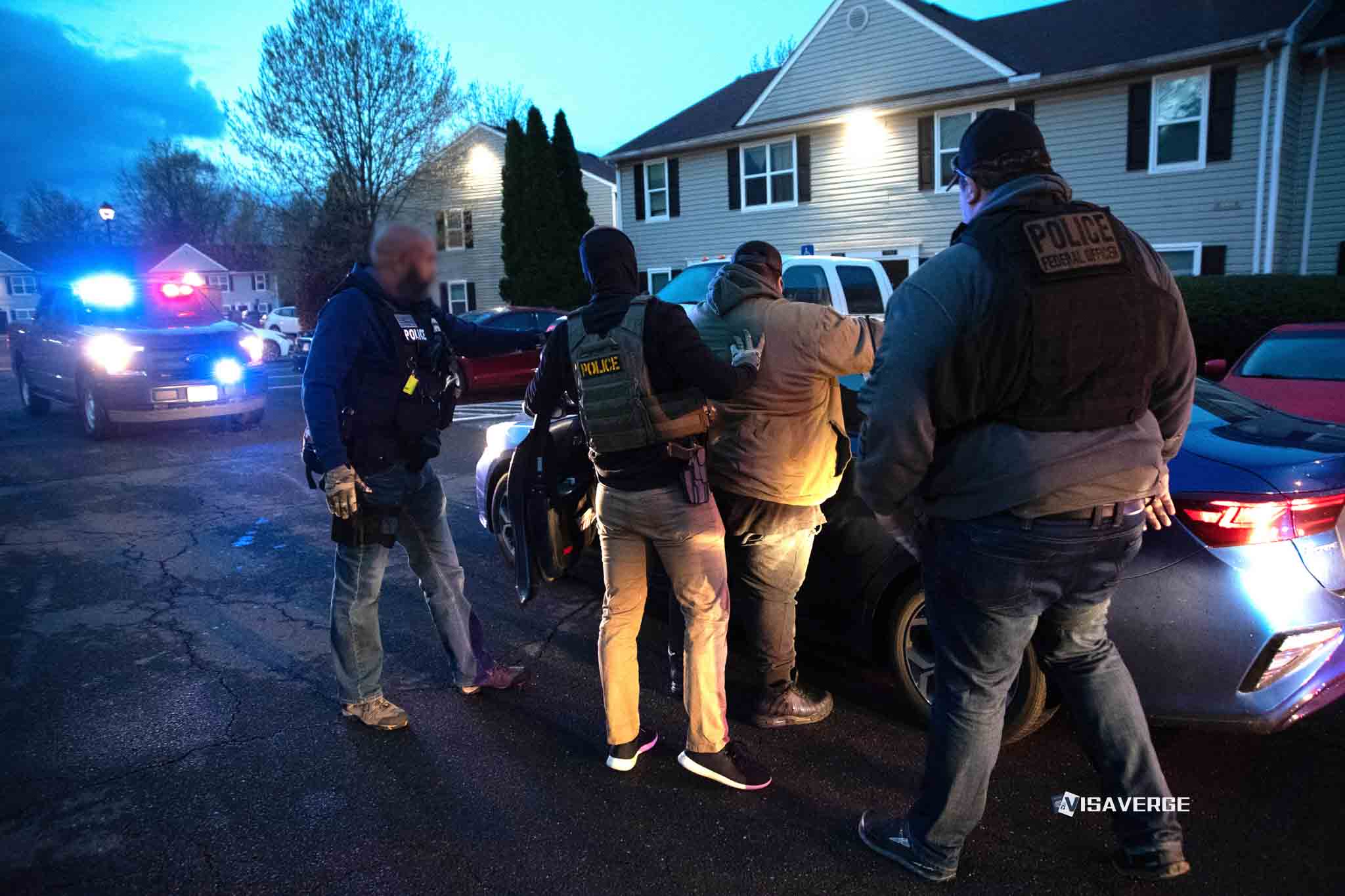(CHARLOTTE, NORTH CAROLINA) Federal Immigration enforcement in Charlotte has emptied once-busy shops, rattled U.S. citizen workers, and stalled construction projects across the region, after a weekend sweep known inside U.S. Customs and Border Protection as “Charlotte’s Web” led to the arrest of more than 130 people along one of the city’s main commercial corridors in mid‑November 2025.
The operation, carried out between November 15 and 17, has been felt most sharply on South Boulevard, a stretch long seen as the heart of Charlotte’s immigrant business community. Shopfronts that just weeks ago were packed with families now sit dark behind metal shutters. Parking lots stand almost empty during what used to be peak hours. Some owners have locked their doors and left hand‑written signs saying they do not know when, or if, they will reopen.

Local businesses and immediate impacts
Among the best‑known closures are Los Chamos, Bella’s Beauty Salon, Sumaq Coffee, and Baleada, all of which have shut indefinitely as word of the Charlotte’s Web arrests has spread.
- At Panaderia Odalys Bakery, managers pulled down the blinds and reduced staff after agents reportedly detained people outside the storefront.
- Inside a nearby Latino supermarket on South Boulevard, staff now depend heavily on delivery apps, juggling clusters of DoorDash and Uber orders to keep revenue flowing while in‑person customers stay away.
- At Super G Mart in nearby Pineville, store manager Peter Han said immigration officers took a young man into custody inside the store, sending shockwaves through the workforce. Even teenage cashiers who are U.S. citizens “were running and hiding in the bathroom,” he recalled.
The following Sunday, most regular employees stayed home, too scared to clock in, and it took about 30 volunteers from the community just to keep the aisles stocked and the registers open.
Community climate and behavior changes
Local business owners say the sudden show of force has revived memories of earlier national crackdowns, but this time the shock feels deeper because of the scale and speed of the Charlotte’s Web sweep.
- Workers text each other in real time about unmarked vehicles and avoid quick errands for fear of detention.
- Some parents have stopped taking their children to parks or church events, worried that any public outing could end with a missing family member.
- Many describe a climate of heightened fear where routine activities are avoided.
“Everybody was going out, families were together, kids were laughing.”
Now markets and plazas that used to anchor community life are strikingly, unnervingly quiet.
Similar patterns nationwide
The pattern in Charlotte mirrors reports from across the country.
- In Los Angeles, immigrant neighborhoods that once buzzed late into the evening now see grocery aisles stripped of basics not by demand, but by absence. Some stores even report running out of tomatillos for the first time in memory.
- In Dallas’s Oak Cliff neighborhood, shopkeepers report empty streets and collapsing sales. A quinceañera dress shop owner said, “The streets are empty. There are no people.”
- In San Diego County’s North County, open‑air marketplaces that once drew steady weekend traffic now report only a trickle of customers. Several vendors who typically earned $1,000–$2,000 over three days said they now clear closer to $200–$300; one stall reported just $10 in sales on a recent day.
Vendors and residents link the drop directly to fear of immigration enforcement: families who used to spend hours shopping and chatting now stay indoors, cancel plans, or buy only the bare minimum.
Broader economic ripple effects
Beyond retail corridors, the Charlotte’s Web operation and similar actions nationwide are rippling through construction sites, farms, hotels, and hospitals.
- Contractors warn that projects already tight on deadlines now risk grinding to a halt as drywall crews, roofers, and concrete teams thin out.
- Industry groups cite federal data showing a large share of the construction workforce was born abroad, warning that stepped‑up raids will leave public and private building plans in limbo.
- Economists note the damage extends beyond detained or deported workers: when firms lose roofers or framers, they often cut back on hiring site supervisors and office staff as well.
Recent analysis by VisaVerge.com shows aggressive deportation campaigns can shrink revenue for barber shops, grocery stores, and even auto dealerships — costing local jobs beyond the immigrant community itself.
Federal rationale and resources
Federal officials argue the enforcement push, backed by increased funding for detention beds, worksite audits, and deportation flights, is aimed at upholding immigration law fairly and consistently.
- Budget documents show funding for Immigration and Customs Enforcement and U.S. Customs and Border Protection has climbed sharply in recent years, supporting what one senior official described as a “broader enforcement footprint” reaching deep into interior communities.
- The Department of Homeland Security’s worksite enforcement guidance is available here: https://www.ice.gov/factsheets/worksite. It stresses that employers must follow hiring rules or face penalties.
Employer responses and legal precautions
That message has reached business circles in Charlotte, where attorneys now urge employers to review their Form I-9 hiring records and verify that staff files are complete.
- The federal form is available through U.S. Citizenship and Immigration Services: https://www.uscis.gov/i-9.
- Lawyers say clean paperwork will not shield undocumented workers from arrest, but it may protect employers from fines or criminal charges if immigration agents arrive with questions.
Still, for many small cafés and salons along South Boulevard, the more immediate worry is whether there will be any customers left to serve.
Community responses and mutual aid
Community groups have begun to fill gaps that neither employers nor officials seem able to address.
- In Oceanside, north of San Diego, the nonprofit Lived Experiences shifted overnight from fixed food distribution sites to a mobile delivery model after reports of agents conducting raids near its usual parking lot. Co‑director Eduardo Ortega said he and his brother quickly started loading cars with rice, beans, diapers, and basic supplies. “Anybody that needs food, diapers, send us a message,” he said. “We’ll get a care package going on, and we’ll deliver it to a safe location.”
- In Los Angeles, grassroots organizers formed volunteer networks to track government vehicles and warn neighbors in real time. Members of Union del Barrio stand at freeway overpasses or busy intersections, watching for white vans and SUVs linked to immigration operations, then relay locations via phone trees and social media.
Their goals include:
- Giving families enough time to stay indoors
- Moving children away from bus stops
- Contacting legal hotlines before an arrest unfolds
Civil liberties advocates say these efforts highlight a growing divide between communities and federal authorities, as many immigrants view Charlotte’s Web and similar campaigns not simply as law enforcement, but as a direct threat to their sense of safety.
Key takeaways
The Charlotte’s Web sweep and parallel actions nationwide have left tangible traces: empty tables, quiet playgrounds, stalled construction sites, and communities reorganizing to survive fear and disruption.
- Date of operation: November 15–17, 2025
- Arrests reported: More than 130 people
- Most affected area in story: South Boulevard, Charlotte
- Examples of closed businesses: Los Chamos, Bella’s Beauty Salon, Sumaq Coffee, Baleada
- Federal guidance links preserved:
For many, the central question remains: how long can communities withstand this pressure and fear?
This Article in a Nutshell
A mid‑November 2025 CBP operation called ‘‘Charlotte’s Web’’ arrested more than 130 people along South Boulevard, Charlotte. The raids emptied shops, prompted indefinite closures of businesses like Los Chamos and Sumaq Coffee, and scared many workers from clocking in. Vendors shifted to delivery apps, volunteers supported stores, and community groups organized mobile aid and monitoring. Officials defend the enforcement as upholding immigration and worksite laws; employers are urged to review I-9 records amid broader economic ripple effects across construction, retail, and services.













